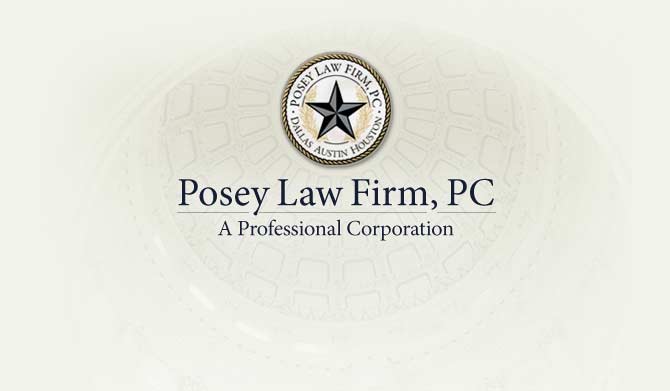The regulatory environment is complex for new tech and life science startups, and business knowledge and skill, access to capital, and a support and mentoring system are critical for innovative designers and inventors to bring their new products to market. The new model of business incubators has brought together all the necessary skill sets under one umbrella organization.
Business incubators can be regional or industry specific, and the more specialized the business, the more specialized laboratory equipment and space is needed for full development of an idea or product. Research and development have traditionally been set in the universities, but collaborations that offer business education, mentoring, support, coworking space, research and development funding, and venture capital under one umbrella organization, in exchange for a small percentage of the future business, have become hives of successful small business innovation.
Accelerators are business incubators that are designed to provide assistance for a successful market launch. An idea that is externally developed exchanges a small percentage of equity for access to capital and mentorship. Accelerators are usually shorter term relationships compared to traditional incubators.
Incubators have a range of services, and smaller regional incubators are available all over the US. For research and development that requires specialized equipment and space, an industry-specific incubator might be a good choice.
Makerspaces are less complex, and offer the beginning innovator coworking space, shared equipment and supplies, and beginning education and mentorship. Less formally developed, many makerspaces have a fee structure based on use of the space, rather than a leveraged part of a future business. There are makerspaces that are industry specific as well, with the shared equipment specific to certain types of making.
The Austin Technology Institute is a tech startup incubator associated with the University of Texas. They have a world-class group of science and tech development specialists, and a strong association with local and national venture capitalists, local angel investors, and public funding systems. They have a wide ranging portfolio, from clean energy and clean water tech, to IT and wireless tech, to biosciences.
The Capital Factory in Austin has a range of business services, from simple coworking and shared office space to a traditional accelerator program. Tech Wildcatters is a for-profit model incubator in Dallas. El Paso has a very interesting model incubator called The Hub of Human Innovation. The Hub works with Texas, US, and international startups in clean energy, manufacturing, and service industry businesses.
Makerspaces, sometimes called community workshops, are located in most communities in Texas. The Maker's Edge in Waco has a full range of tech and business classes, as well as tool and equipment rental. The Dallas Makerspace has a huge range of classes, tools, and equipment, everything from blacksmithing to robots. San Antonio has the Geekbus, a mobile makerspace.
Attorney Jake Posey and the team at The Posey Law Firm strive to assist clients in all avenues of business development. For help with your business needs and other general counsel services in Texas, call Jake Posey or an attorney at The Posey Law Firm, PC at 1-888-269-1962 or locally at 512-646-0828.


